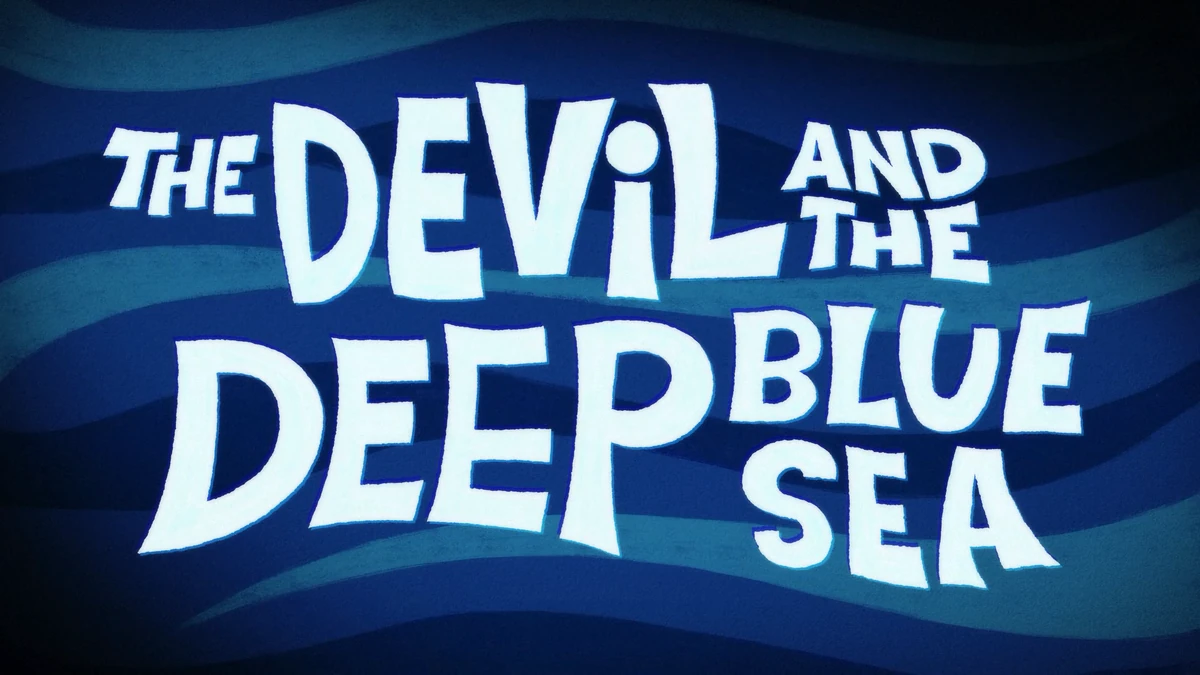
I’ve just had several incidents with traditional banks digitally that made me realise they really are faced with big issues. You may have noticed this in my recent blogging, but here are three specific insights that illustrated the point.
The first is the fact that I keep having to open the bank’s app to find out what’s going on. Unlike challenger banks, they only tell me about transactions if I ask. It’s all pull and no push, by which I mean that challenger banks tell me about every transaction via soft alerts through their apps every day. The only way I can find out that information via my old bank is by opening the app and seeing what’s happening.
Then there’s the bank that has been asking me every day about my cashing out cryptocurrency profits from Coinbase. What’s the source of funds? When did you invest? What are you uising the money for? They are doing this for tax and regularoty purposes, and are running scared of regulatory compliance rules like a rabbit in the headlights, but my reaction is why are you interrorating me? You are my bank. I am not accountable to you. Are you the taxman or government state office? You seem to appear that way.
The third incident is when my traditional old bank made it difficult to make overseas payments and, when they did, they charged high fees and took their time. Meantime, with a firm like Wise, I could make a payment at great transfer rates in near real-time. What is my old bank thinking?
The list goes on.
But then my new fintech providers also have issues. I’ve just been dealing with quite a few cryptobanks for example, but they are all a little bit unstable. They don’t have full bank licenses, even though they want to claim to be banks, and the regulatory structures for such companies are pretty flaky right now.
After almost 15 years, the SEC has finally authorised ETFs that trade in crypto – it just took a very long time – and, following in their wake, the FCA is doing the same.
So there is this confuision between old style banking trading in fiat currencies versus new style banking trading in cryptocurrenices and, in the middle of all of this, are people like me who are caught between the devil and the deep blue sea.
It’s an old saying: Caught between the devil and the deep blue sea
If you say that you are between the devil and the deep blue sea, you mean that you are in a difficult situation where you have to choose between two equally unpleasant courses of action.
Source: Collins Dictionary
This really exposes the juncture between physical and digital. My old style bank wants documentarty proof of transactions, investments, momnetary movements and process. They’ve asked me to send documents of investments from ten years ago and I explain that I didn’t keep them and cannot get them. My new bank is happy to accept my investments and monetary movements digitally, but are not regulated in the same way and not as fearful as the state regulator as my old bank.
It is a seriously weird moment in time.
What I mean by this is stay with old bank with old practices, old processes and full regulations which makes them fear me for dealing with new bank with new practices, new processes and no regulations.
Yep, I’m caught between the devil and the deep blue sea.
Chris M Skinner
Chris Skinner is best known as an independent commentator on the financial markets through his blog, TheFinanser.com, as author of the bestselling book Digital Bank, and Chair of the European networking forum the Financial Services Club. He has been voted one of the most influential people in banking by The Financial Brand (as well as one of the best blogs), a FinTech Titan (Next Bank), one of the Fintech Leaders you need to follow (City AM, Deluxe and Jax Finance), as well as one of the Top 40 most influential people in financial technology by the Wall Street Journal's Financial News. To learn more click here...

